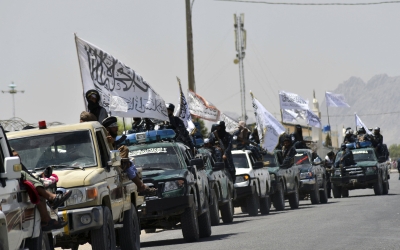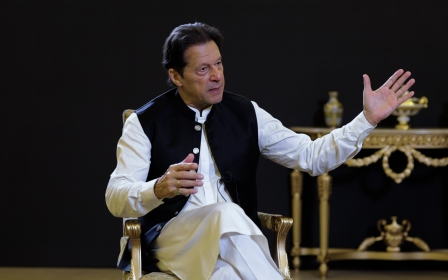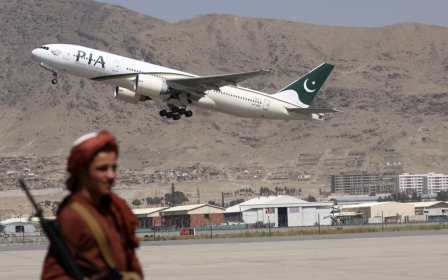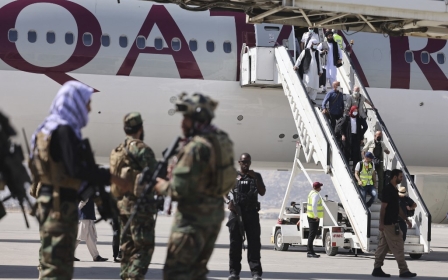Afghanistan: Former US envoy says Gulf states should play bigger role
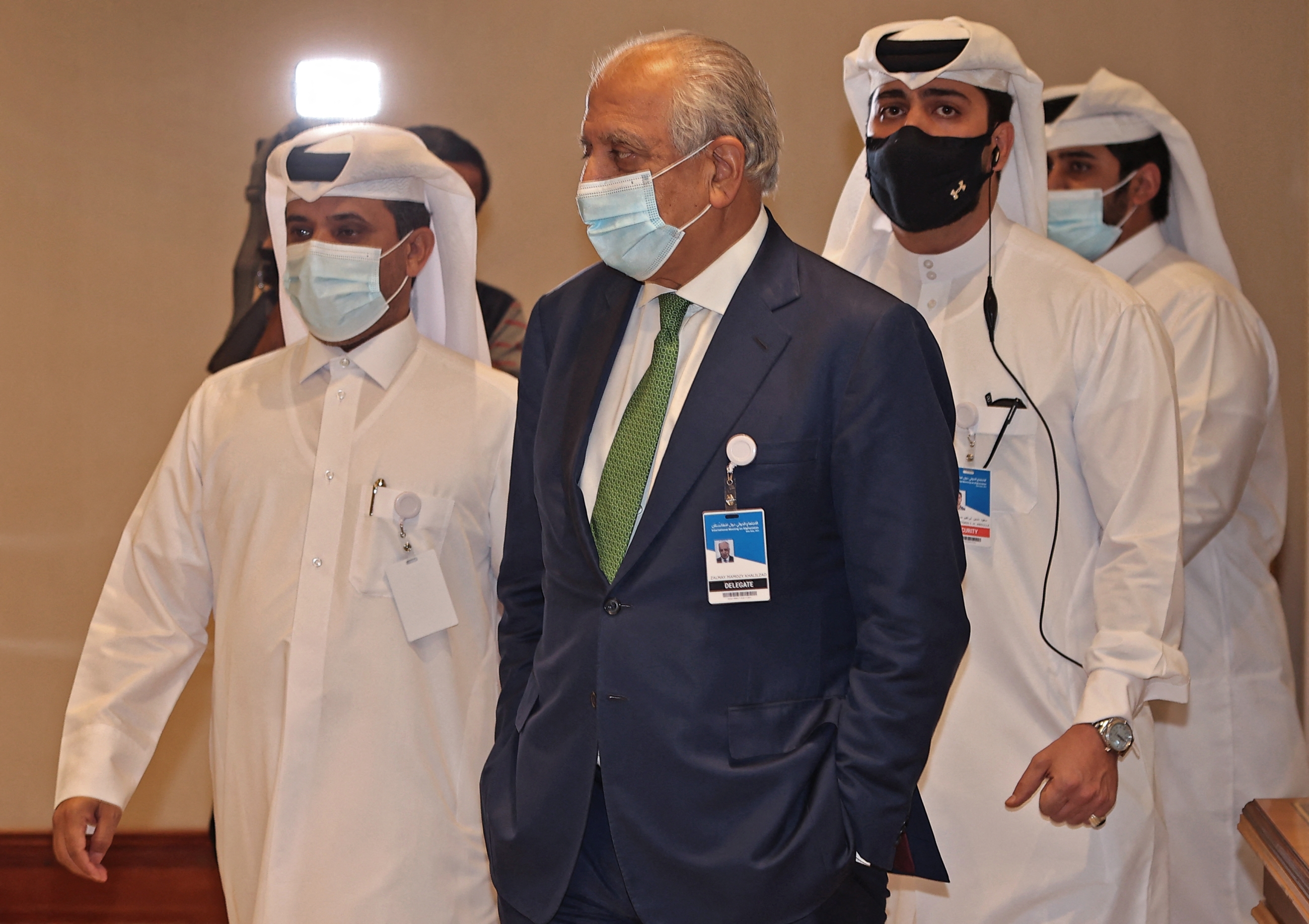
US President Joe Biden's former Afghanistan envoy, Zalmay Khalilzad, said on Tuesday that Washington should work more closely with Gulf countries to manage the fallout in the country after the Taliban swept to power.
Khalilzad, who served as former US Special Representative for Afghanistan Reconciliation under both the Trump and Biden administrations, said that when it came to some issues, Gulf powers were "better at engaging [with the Taliban]".
"We would like the Gulf states to help in terms of using their Islamic and other credentials to encourage moderation," he said, pointing to the precarious state of women's rights since the Taliban seized power in mid-August.
"A lot of the Afghan and Taliban practices in dealing with women for example are really not Islamic. They are more Pashtun tribal," he added.
In their first period of rule in the 1990s, the Taliban denied girls and women the right to education and barred them from public life.
Since their return to power, the group has promised to respect women's rights, but no women have been included in the government and many have been stopped from returning to work.
The international community has said it will judge relations with the Taliban based on the government's commitment to human rights, with the condition of women in the country being a major test case.
It is unclear how far some Gulf states, particularly Saudi Arabia, which maintained strong ties with the Taliban when they held power in Kabul following the Soviet invasion, are willing to go in terms of engaging with the group.
In the meantime, Qatar has emerged as a key broker and diplomatic go-between for the West and the Taliban.
Addressing the UN General Assembly last month, Sheikh Tamim bin Hamad Al Thani urged world leaders to engage with the group and warned about the risks of isolating the Taliban.
Khalilzad echoed those sentiments on Tuesday, as he pointed to the dire economic and humanitarian situation in the country. "A state collapse will produce millions of refugees, destabilising the region," he said.
The security situation has been shaken in recent weeks after a string of attacks, including an assault on a military hospital in Kabul on Tuesday that killed 23 people. The attack was blamed on the Islamic State (IS) group.
Making the case for Washington to find areas of common ground with the Taliban, including fighting IS affiliates in the country, Khalilzad said, "The political costs, and costs for the country [US], of waiting for Afghanistan to collapse… will worsen the terrorism problem."
Middle East Eye propose une couverture et une analyse indépendantes et incomparables du Moyen-Orient, de l’Afrique du Nord et d’autres régions du monde. Pour en savoir plus sur la reprise de ce contenu et les frais qui s’appliquent, veuillez remplir ce formulaire [en anglais]. Pour en savoir plus sur MEE, cliquez ici [en anglais].


